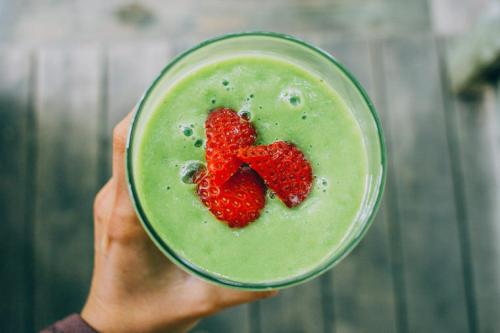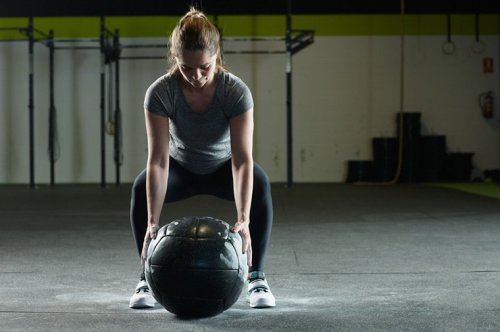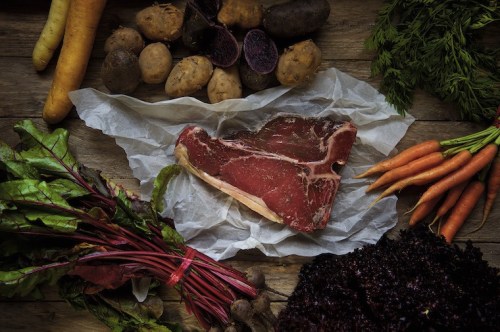The need-to-know protein rules for active women
How to tailor your intake so that the protein you're getting is truly functional, AKA customized to your body's particular needs.

Most people in the US following a standard American diet are getting (way!) more than enough protein, but if you’re an always-busy, boot camp-loving woman who eats mostly plants (like many we happen to know), that may not be the case.
“There are many reasons to increase protein and very few cases where I’d suggest decreasing it,” says Lauren Slayton, MS, RD, the super smart nutritionist-founder of Foodtrainers.
If you know what some of those reasons are, you’ll be able to tailor your intake so that the protein you’re getting is truly functional, AKA customized to your body’s particular needs.
Keep reading to find out if you should up your intake of organic eggs and collagen-spiked smoothies soon.

For general health
“A lot of the new research is showing that for both women and men, your dietary protein needs are actually higher than what they estimated in the RDAs,” says Madison Wright, a nutritionist (and Core Fusion instructor) at Exhale. RDAs are the “recommended daily allowances” for nutrients set by the FDA, but Wright says the population used to set them was fairly sedentary. So if you’re a lifting, spinning, goal-crushing woman on the move, they may not be good enough for you.
The current RDA is 0.8 kilogram of protein per kilogram of body weight; Wright says active women likely need more like 1 to 1.2 kilograms. Of course, how the heck are you supposed to calculate and follow that? Slayton says you’re likely to drive yourself crazy calculating grams, so an easier guideline to follow is to try to make 25 to 30 percent of your plate protein. Eyeballing is fine. If you’re paying attention, you’re likely doing a good enough job.

To build muscle
Protein is key when it comes to building muscle, so if you’re working on any sort of strength goal, pay attention.
You may need to bump up your daily intake slightly above the general health guidelines (gauge how you feel and the progress you’re making), but more importantly, you need to adjust the timing of the protein you’re taking in. “You should consume it pretty much immediately after your workout—anywhere between 20 minutes and two hours after. That’s a key window,” Wright advises. “Twenty to 25 grams of protein afterward is what seems to be best to optimize building muscle afterward.”

To lose weight
“Protein increases metabolism and decreases appetite,” Slayton says, so if you’re looking to lose a few (or many) pounds, it’s incredibly important to make sure you get enough, especially because if you’re cutting calories, you may be cutting way too much out of your diet without realizing it, therefore sabotaging your goals.
Want more evidence? Protein decreases levels of ghrelin, the hormone that makes you hungry, Slayton explains, and it’s been shown to increase satiety (you won’t overeat if you’re full). And remember that last point about building muscle? Muscle is crucial to burn fat.

To age well
One last time you may need to up your protein intake: as you get older. Time, unfortunately, is a b*tch.
“As you get older, you naturally lose muscle mass,” Wright explains, so it may take more protein to maintain the same muscle mass you easily held onto before. Not to mention, “your metabolic activity goes down about 1 percent a year,” she adds, so it’ll be harder to keep weight off, making protein’s role on that front even more important.
Ready to commit to the power of protein? Check out these surprising plant-based sources of protein, the five healthiest protein powders on the market, and a few simple, delicious protein-heavy Paleo recipes.
Sign Up for Our Daily Newsletter
Get all the latest in wellness, trends, food, fitness, beauty, and more delivered right to your inbox.
Got it, you've been added to our email list.










